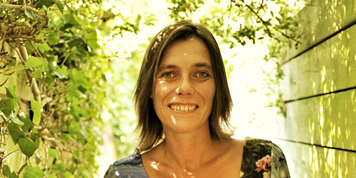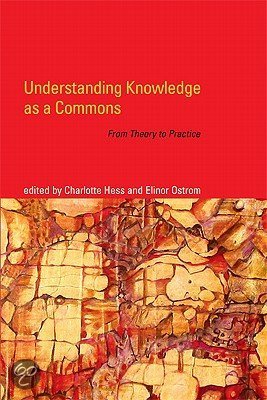“This book is intended as an introduction to a new way of looking at knowledge as a shared resource, a complex ecosystem that is a commons—a resource shared by a group of people that is subject to social dilemmas”, is the opening line Charlotte Hess and Elinor Ostrom wrote in their Understanding Knowledge as a Commons. From Theory to Practice (2011, The MIT Press).
We are witnessing unprecedented growths in student enrolments. The numbers of students who successfully complete their higher education are also climbing. We even see an increase in the amount of PhDs. It is safe to say that the threshold for entering higher education is low. This is a sign that the meritocratic ideal—that is, people are judged by their merits and not by non-relevant sociological characteristics such as gender and race—is operative. A marvellous achievement of a society that wants to be open and democratic.
The introduction to Understanding Knowledge as a Commons contains a figure that summarizes earlier work by Vincent and Elinor Ostrom. It shows two axes. “Exclusion” refers to how easy or difficult it is to exclude individuals from use of the resource. “Subtractability” identifies the degree to which one individual’s use of the resource diminishes the availability of the resource to others. Difficult exclusion plus low subtractability applies to the meritocratic threshold of university education. It is easy to get in and the enrolment of one is not at the expense of the enrolment of another. So far so good.
Somewhere in academia the situation is reversed, as easy exclusion and high subtractability are current features of the threshold of the academic job market. In come the social dilemmas. First, what does “merit” mean in a time of scarcity and how is it successfully negotiated by those who stay in? Second, how to make the most of the merits of those who go out? What is common knowledge in a highly educated society? Where, considering the commonplace of knowledge producers, do we locate knowledge as a commons and how do we organize it for intelligent and democratic decision making?
Buy Understanding Knowledge as a Commons

